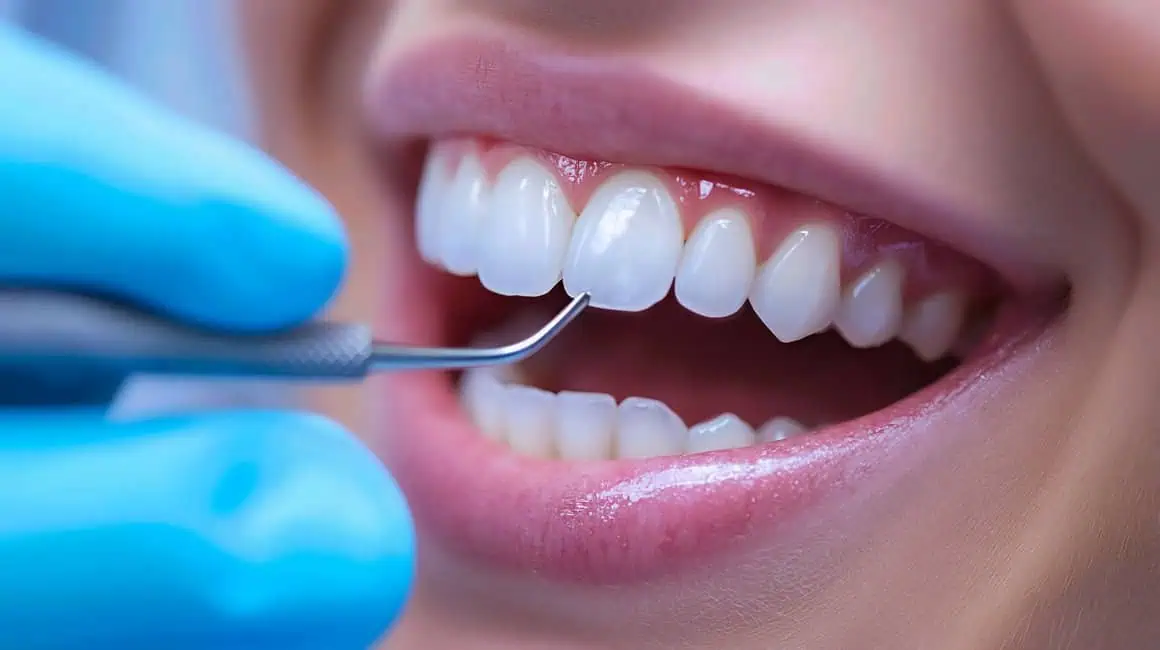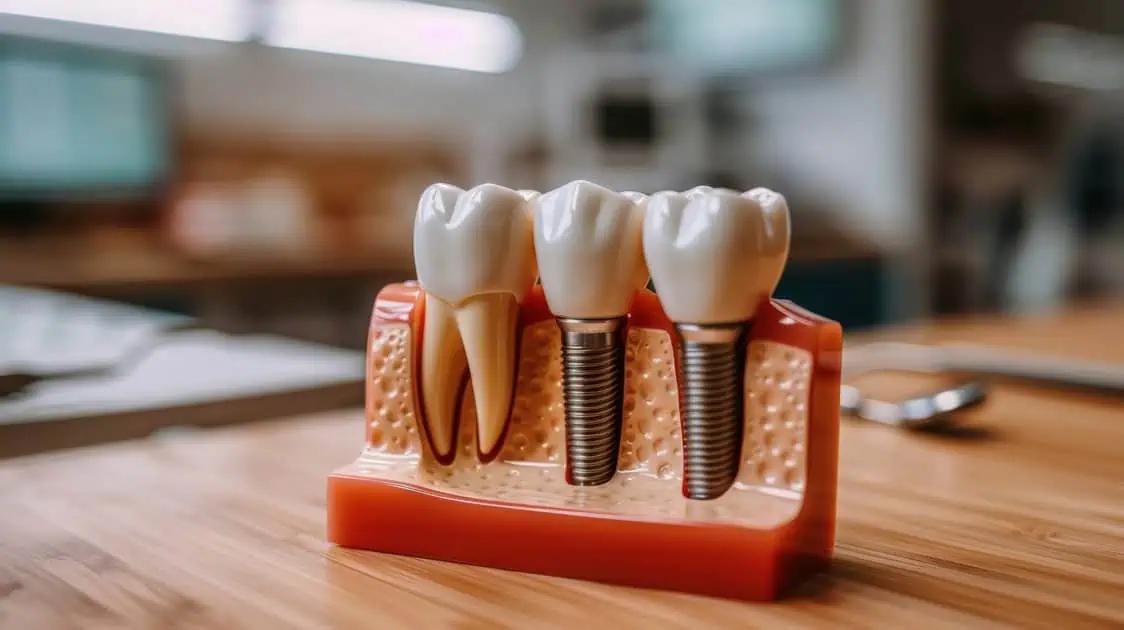
One of the first things people notice about you is your smile, which is important for your self-assurance and well-being. But dental problems like tooth decay, trauma, or other problems can affect how your teeth look and feel, making it hard to eat, talk, or smile with confidence. This is where restorative dentistry, an area of dentistry, comes into play. Its goal is to restore your teeth and mouth’s natural appearance, functionality, and health.
What is Restorative Dentistry?
The goal of restorative dentistry is to give teeth that have been broken, decaying, or lost back their original strength, look, and functionality. It entails a range of operations and treatments intended to restore, rebuild, or replace teeth to their ideal state, giving patients the confidence to smile, eat, and speak again.
Restorative dentistry aims to address a wide range of dental issues, such as:
- Tooth decay and cavities
- Cracked, chipped, or broken teeth
- Worn or eroded tooth enamel
- Missing teeth due to injury, disease, or extraction
- Misaligned or irregularly shaped teeth
- Discolored or stained teeth
Dentists can help patients maintain excellent oral health and a gorgeous smile by using a variety of restorative procedures to restore the strength, function, and aesthetics of broken or compromised teeth.
Types of Restorative Dentistry
A vast number of procedures and treatments are included in restorative dentistry, many of which are intended to address different dental issues. Here are some of the most common types:
- Dental fillings: Utilized to repair teeth that have cavities or deterioration. Fillings can be made from a number of materials, including porcelain, amalgam (silver), and composite resin.
- Dental crowns: A dental crown is a tooth-shaped cap that is placed over a broken or rotting tooth to restore its strength, structure, and appearance.
- Dental bridges: These are utilized to bridge the gap left by one or more missing teeth between dental implants or the surviving natural teeth.
- Dentures: Dentures are removable appliances that replace missing teeth to restore chewing ability and improve speech and facial appearance.
- Dental Implants: These are artificial tooth roots that are surgically inserted into the jawbone to support a dental crown, bridge, or denture—a long-term, aesthetically pleasing way to replace lost teeth.
Restorative Dentistry Procedures
Your dentist might suggest one or more of the following restorative dental procedures, depending on your particular needs:
Tooth Fillings: Your dentist will remove the decayed portion of the tooth and fill the cavity with a dental filling material.
Root Canal Treatment: This operation becomes necessary when the pulp, or soft inner tissue, of a tooth becomes infected or inflamed. The infected pulp must be removed, the tooth’s interior cleaned and sanitized, and the tooth sealed with a filling material.
Dental Crown Placement: A dental crown is customized to fit over your prepared tooth and is cemented in place to restore its strength, shape, and appearance.
Dental Bridge Placement: This involves creating a bridge between the remaining natural teeth or dental implants to replace one or more missing teeth.
Denture Fittings: Your dentist will take impressions and measurements of your mouth to create custom-fitted dentures that replace your missing teeth.
Dental Implant Surgery involves surgically placing a titanium post into your jawbone. This post will serve as the artificial tooth root for a dental crown, bridge, or denture.
Benefits of Restorative Dentistry Treatment
Investing in restorative dentistry can provide numerous benefits, including:
- Restoring Dental Function and Chewing Ability: Damaged or missing teeth can make eating and speaking difficult. Restorative treatments can help restore your ability to chew and speak clearly.
- Enhancing Smile Aesthetics and Boosting Self-Confidence: A beautiful, healthy smile can improve your self-esteem and confidence in social and professional settings.
- Preventing Further Dental Damage and Decay: Restorative treatments can prevent further deterioration by protecting your remaining natural teeth and addressing dental issues promptly.
- Improving Overall Oral Health and Hygiene: Teeth that have been properly restored are less likely to develop gum disease and other oral health issues because they are simpler to clean and maintain.
- Long-Lasting Results with Proper Care: With proper oral hygiene and regular dental check-ups, restorative treatments can provide long-lasting results and protect your investment.
When do you need a Restorative Dentistry treatment?
You may need restorative dentistry treatment in the following situations:
- Tooth decay or cavities: If you have cavities or areas of tooth decay, your dentist will recommend restorative treatments like dental fillings or crowns to repair the damaged tooth structure and prevent further decay.
- Broken, cracked, or chipped teeth: Teeth that are broken, cracked, or chipped due to injury, grinding, or general wear and tear may require restorative treatments such as dental crowns, veneers, or bonding to restore their strength and appearance.
- Missing teeth: If you have lost one or more teeth due to an accident, dental decay, or extraction, restorative procedures like dental bridges, partial dentures, or dental implants may be suggested to replace them and improve your ability to chew and communicate.
- Tooth wear or erosion: Over time, teeth can become worn down or eroded due to teeth grinding, acid reflux, or excessive consumption of acidic foods and drinks. Restorative treatments like crowns, veneers, or bonding can help restore the tooth structure and protect the remaining enamel.
- Gum disease: Advanced gum disease can result in tooth loss, and restorative procedures such as dental bridges or implants may be required to restore lost teeth and prevent further bone loss.
- Cosmetic concerns: If you are dissatisfied with the way your teeth look because of discoloration, misshaped teeth, or gaps, restorative procedures like veneers, bonding, or orthodontic treatments might enhance the aesthetics of your smile.
In general, restorative dentistry procedures can help restore your oral health and give you a gorgeous, self-assured smile if you have any problems with the structure, function, or look of your teeth.
If you’re experiencing dental issues or are unhappy with the appearance or function of your teeth, it’s time to take action and schedule a consultation at Kelly Smile Design. Contact us today and learn how we can restore your confidence with our state-of-the-art restorative treatments.







